Keep Up Your Hydration This Summer.
Mar 08, 2019 • 12 views
I’m sure you heard someone tell you that you should drink at least eight glasses a water a day to stay hydrated. But have you ever thought about why we have to drink so much in a day? It’s because 70% of your body is made up of water and your internal systems depend on water to function properly.
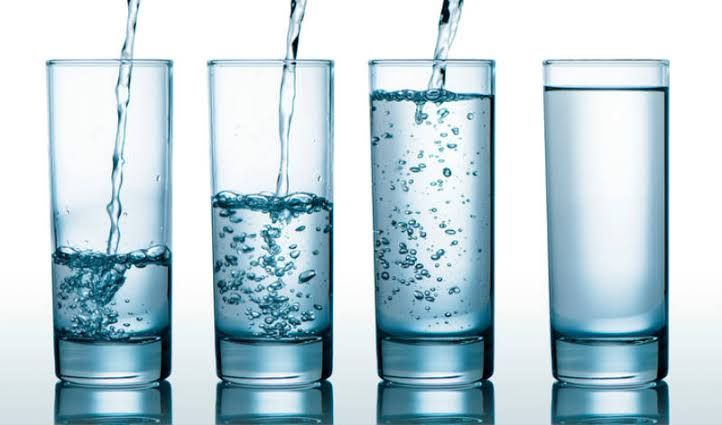
To give you a more detailed answer, when you stay hydrated, all parts of your body such as cells, tissues, and organs use the water to help regulate temperature, remove waste, and lubricate your joints. Drinking water also contributes to a healthier outlook of your skin, helps promote weight loss, and boosts overall mood.
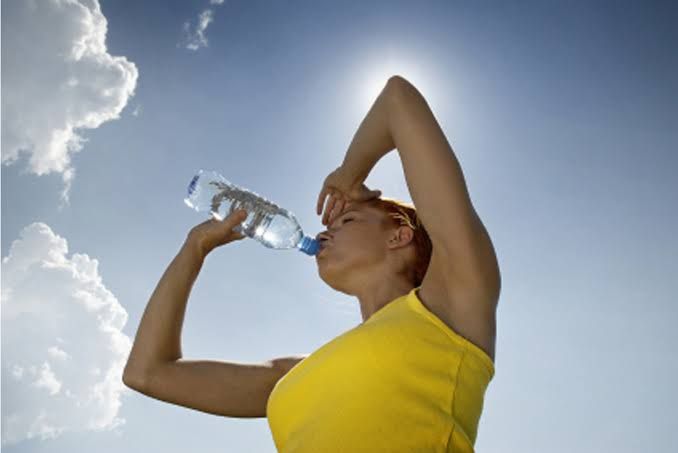
When you’re dehydrated, you’ll notice a decrease in energy levels, which leads to sleepiness, fatigue, moodiness, and grogginess. Not to mention that you’re more prone to make mistakes because mild dehydration can also affect your ability to think clearly.
When you’re dehydrated, your body’s thirst response will trigger and cause you to feel parched or thirsty. Other noticeable symptoms may include, little or no urine or dark coloured urine, dry mouth, headaches, confusion, lightheadedness, and even no production of tears when crying.
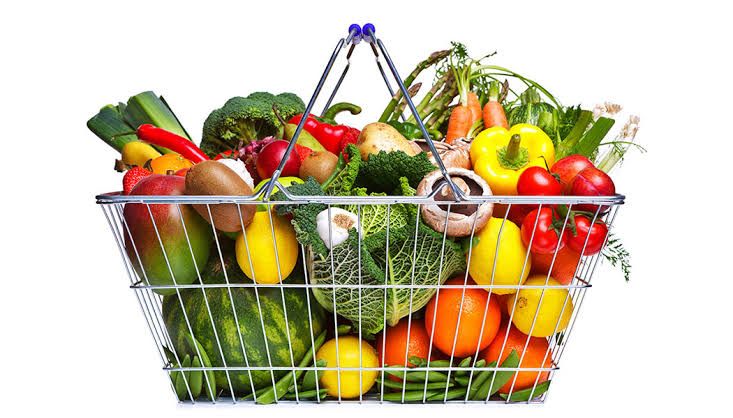
While water is best for staying hydrated, other beverages and foods can contribute to your daily water intake. Yes, even your coffee and tea add to the amount of water you’re consuming in a day although it might cause you to go to the bathroom frequently. Water can also be found in fruits and vegetables but certain types hold more water than others.
Here is a list of some fruits and veggies to snack on and keep hydrated:
FRUITS
Strawberries:
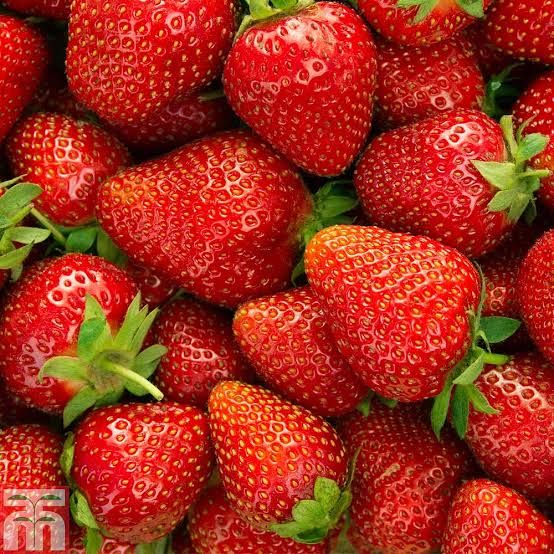
These sweet and juicy berries have a water content of 91%, which makes it the best hydrating berry. Strawberries are rich in antioxidants, Vitamin C, and fibre.
Cantaloupes:
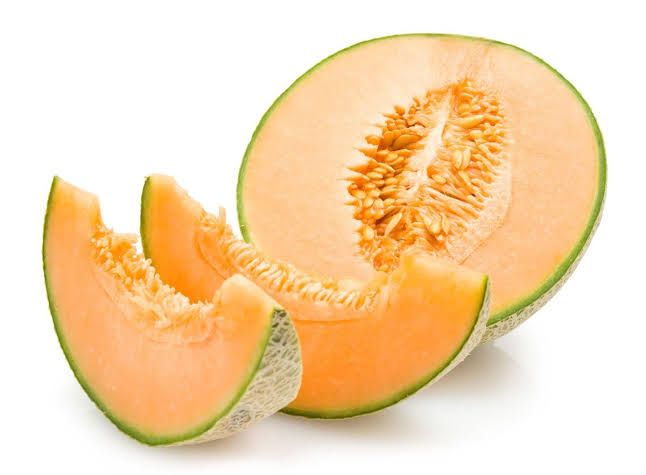
Cantaloupes have a 90.40% water content and are abundant in vitamins A and C. For an extra boost in hydration, you can puree cantaloupe with orange juice and mint for a summertime soup.
Grapefruit:
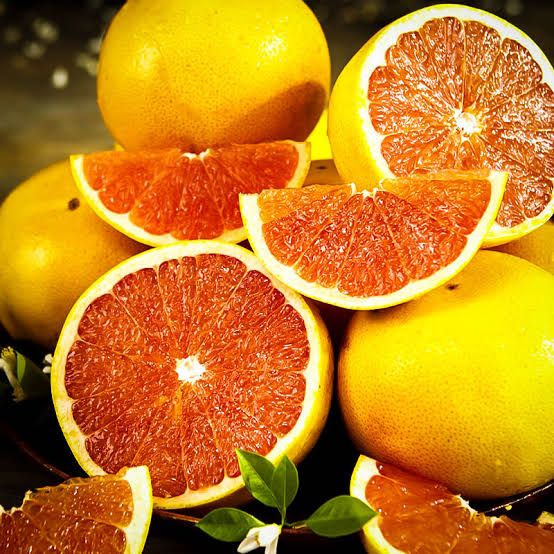
With 90.5% water content, grapefruits are superfruits that can lower cholesterol and burn fat due to its compounds. Grapefruits are an excellent source of vitamin A and Vitamin C and can help reduce cravings.
Watermelon:
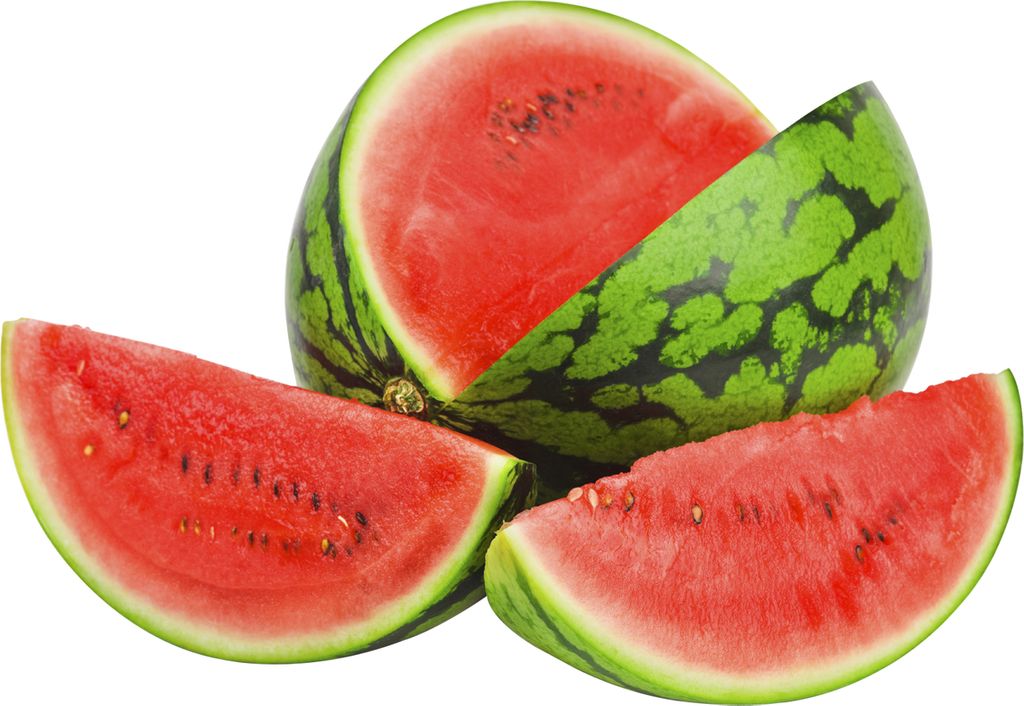
With the word “water” in its name, it’s no wonder why this fruit is preferred for rehydrating during the hot summer days. With a water content of 91.5%, watermelons are rich in cancer-fighting antioxidant. For an extra boost of hydrating power, mix watermelon cubes in a cold pitcher of water.
Vegetables
Cucumbers:
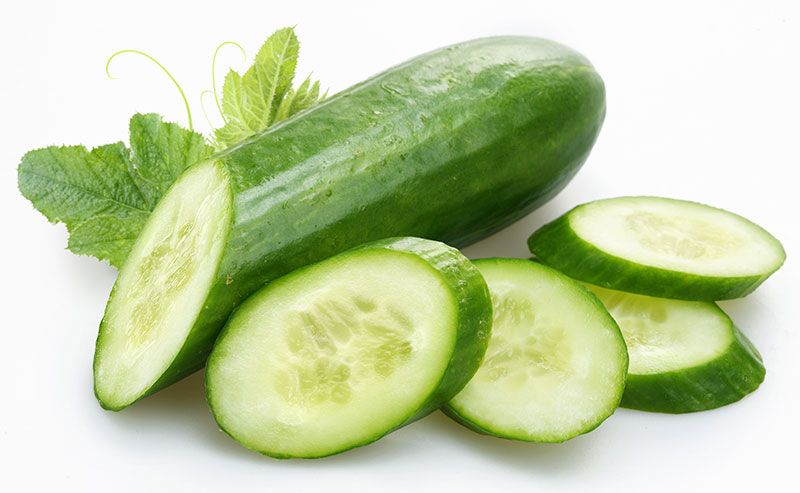
Cucumbers have a whopping 96.7% water content, which is the highest out of all the vegetables. Cucumbers are an excellent source of vitamin K, potassium, manganese, and vitamins C and B1.
Iceberg Lettuce:
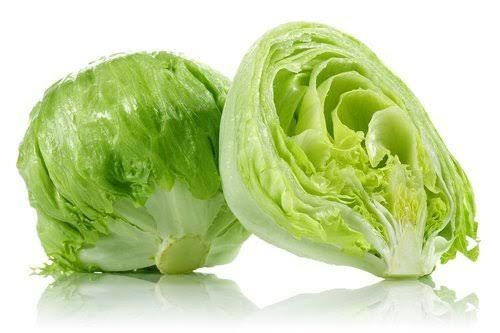
This vegetable has a water content of 95.6% and is the ideal vegetable for rehydrating the body. Although it doesn’t contain as many nutrients as darker leafs such as spinach, iceberg lettuces do have vitamin A, Vitamin C, calcium, and iron.
Radish:
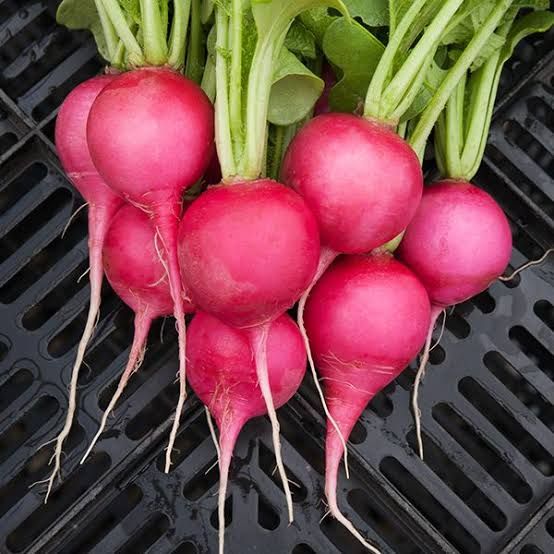
Radishes have a 95.3% water content and are rich in antioxidants, including catechin (a disease-fighting antioxidant that’s also found in green tea).
Celery:
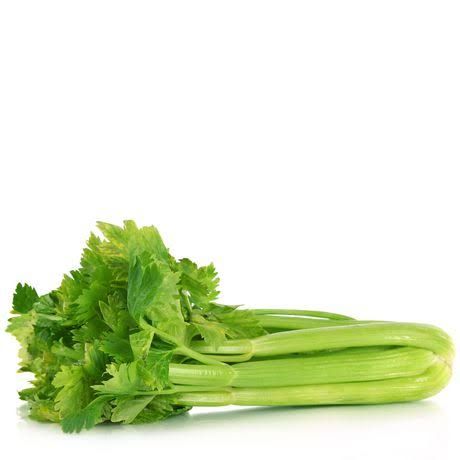
With 95.4% water content, celeries are filled with plenty of fibre and water to help boost your hydration. Celeries also contain Folate (good for pregnancy!) and vitamins A, C, and K, which help regulate normal functions.
Tomato:
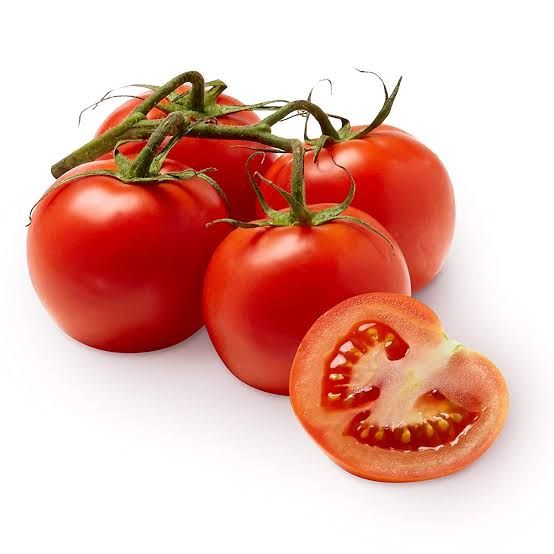
Tomatoes have a 94.5% water content and are known for their amazing taste. Tomatoes are also abundant in Vitamin E, B6, Folate, and Vitamins A, C, and K.
Intake plenty of fruits and vegetables this summer to keep up your hydration game. And also remember, whatever you put inside your body, the effects are seen on your skin.
